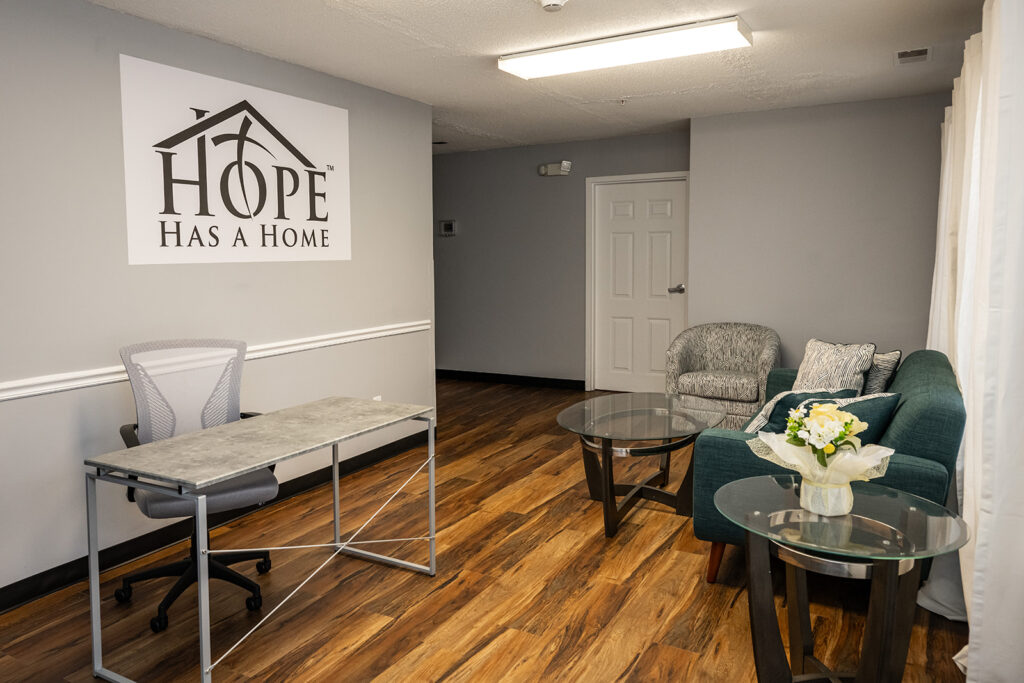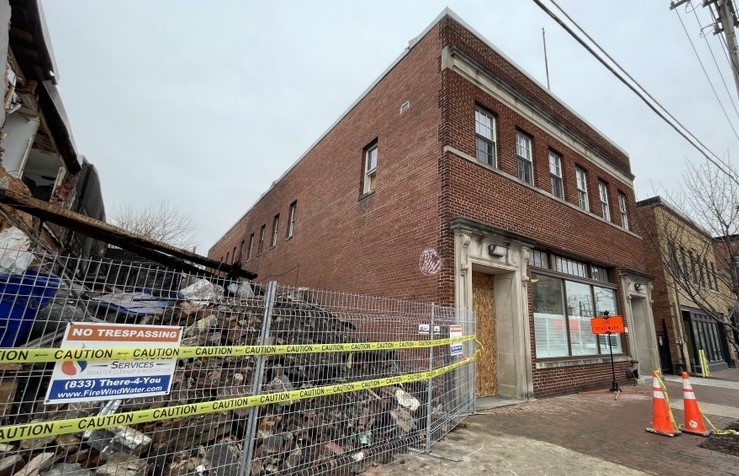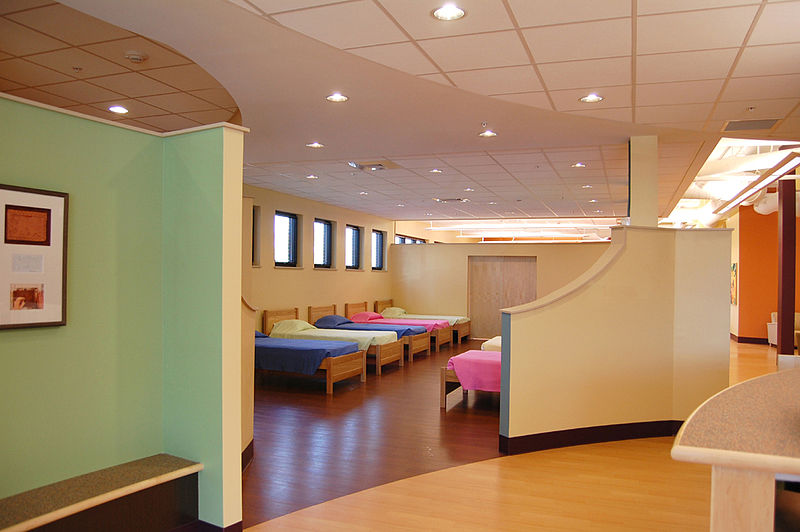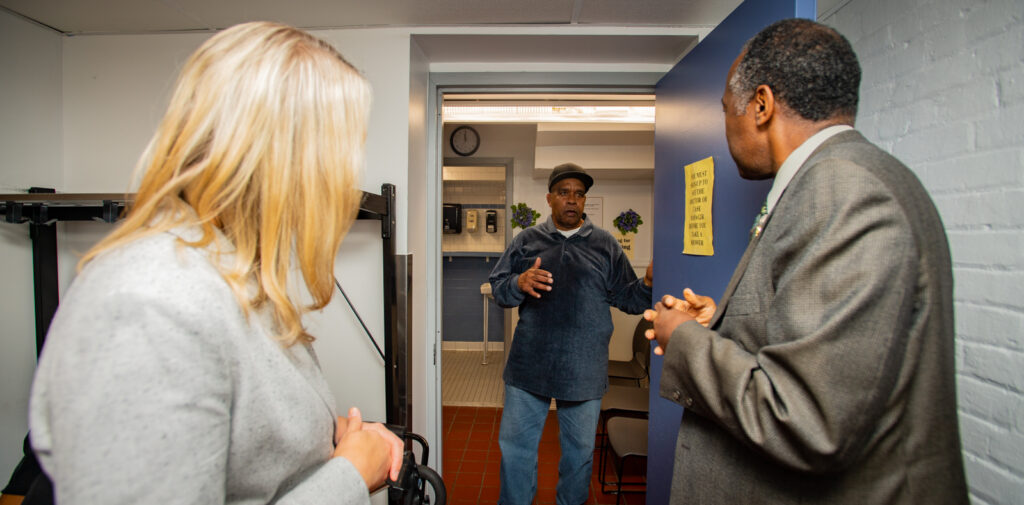When people are reliant on shelter, I believe there are a lot of disconnects. First off, shelters are for emergencies and should not become home for those who are in need.
One of the first things you learn is the hours of operation: the shelter closes each morning and people don’t have a place to be. Many don’t understand or care about anything when it is time to clock out. But poverty and homelessness don’t clock out.
It’s like I’m at work, even when I can no longer stay awake. I don’t get “time off” or “a home life,” as you would say.
People are working where I am currently living. People have lost their lives there or have suffered some form of violence, whether verbal or physical.
Some could say I should be grateful to have a bed. But that’s an “I don’t care, I can’t wait to get off the clock” attitude. It doesn’t help the homeless at all. Poverty doesn’t care what you do or don’t have.
No one deserves or chooses to be displaced. Relying on shelter, in some ways, gives power and control to some who should not have it. The conditions in shelter are created by the culture of people in power. Their culture is not my life. But I can’t get away from homelessness or needing shelter without donations or money.
“While homeless” is a new concept but not a new experience. Imagine having to be professional all the time. Homeless people even have to sleep professionally. You can’t sleep in your drawers: the rules say you must be fully clothed at all times. Do you see how difficult just this one rule is? You take your clothes to the shower with you, you can’t lay them on your bed. You must wear your shirt and pants. Why? You’re living like you’re in college somewhere: a dorm with up to 60 people.
The significant difference is, those people are segmented into multiple floors or smaller rooms, maybe with four beds or a shared bathroom for half a floor of residents. You don’t get any such privacy in the shelter. You sleep communally. You shower communally. You use the restroom communally. There is always someone there.
It’s a small space with a lot of folks with different attitudes, including staff members.
Night-to-night stabilization is the only norm. You spend half the night awake trying to figure out how not to come back, only to have to return to a safe spot to sleep, sometimes as early as 2 p.m., depending on the specific shelter. Then you wait in line and hope for a placement.
While you wait, you’re often handed forms, whether it be required intake paperwork or optional feedback surveys aiming to assess how the District spends money on the resources you are using. Whatever it is, you feel like your bed depends on it.
We value money too much. Not having enough money even determines who you talk to and what you talk about. “Normal” interactions take the form of professional street talk and mannerisms. In other words: constant stress and self-monitoring.
How can I function, really, under this guise of professionality? It takes so much effort and time that other needs come last. Try needing a breathing machine and only having access to a plug if you go to a warehouse designed for sleep four months out of the year.
It’s not as easy as some of us make it look. It really isn’t.
You’re on call 24/7 with no holidays, weekends or sick days. While our neighbors experience poverty, we can’t just shut down or clock out. These people need 24/7 support. Nothing available to us now comes with dignity or privacy. Homelessness means that after you leave, I’m still suffering. Recognize and remember that.
It’s the only way to show empathy. It’s everyone’s job to end homelessness.








